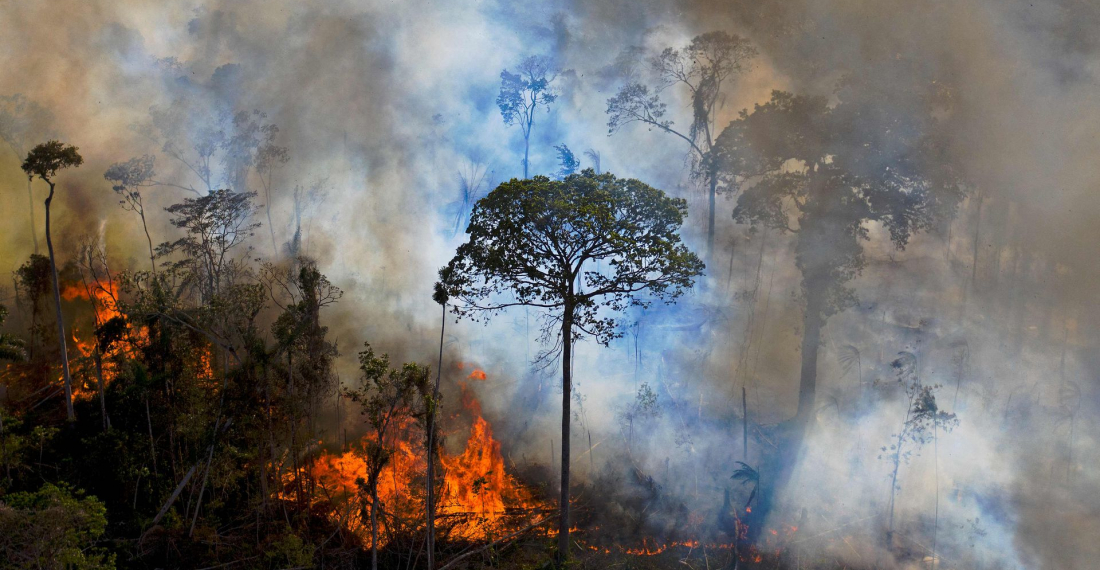More than 100 countries have reached an agreement at the United Nations climate conference in Glasgow to stop deforestation and land degradation by 2030. It is the first significant pledge during the UN climate summit that started on Sunday. Forest-rich countries such as Brazil, Russia, Canada and Indonesia also support the plan.
The participating countries own 85 per cent of the world's forests. It concerns an area of about 34 million square kilometres. British Prime Minister Boris Johnson, host of the COP26 climate conference, calls the deal "a milestone to protect and restore the world's forests".
In order to fulfil the promise, the equivalent of 10.2 billion euroes of public money will be allocated until 2025. In addition, 6.2 billion euroes of private funds will be invested.
Brazil's participation means good news for the Amazon, the largest tropical rainforest on earth. Forest has been cut down there on a large scale for the benefit of agriculture. The agreement that has now been made is more comprehensive than an earlier deal struck by forty countries in 2014.






